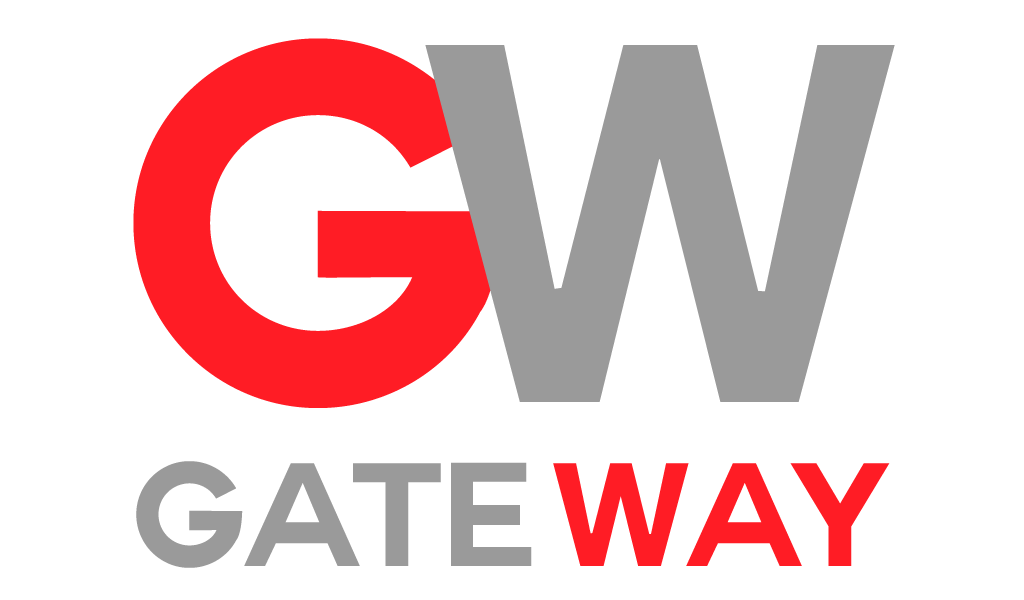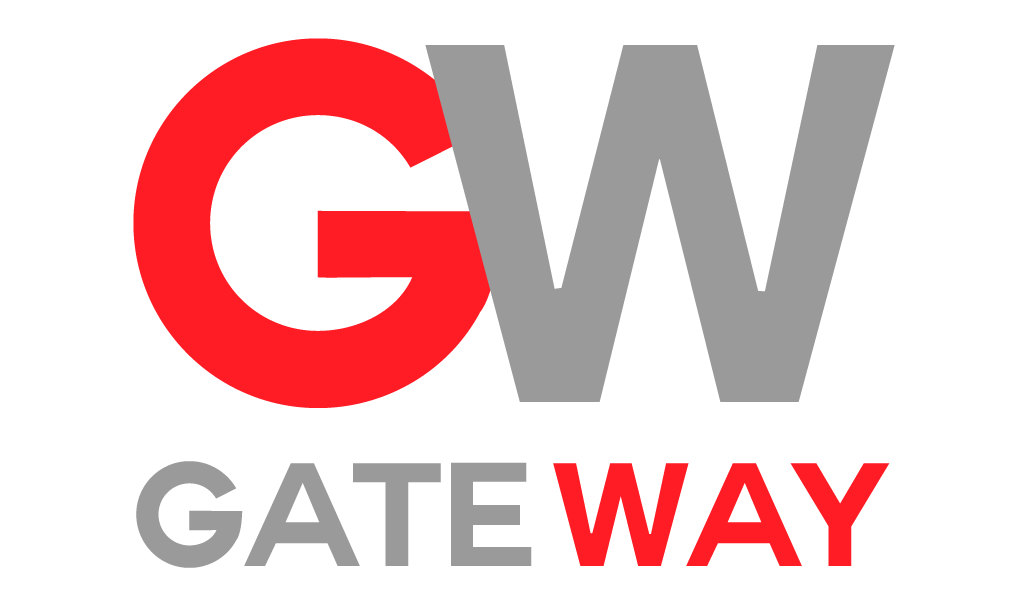
Why we need them and some thoughts on why they aren’t adopted universally
If you’re one of the 26% of companies that, according to a Linkedin study in 2018, doesn’t use structured interviews then read on. And if you’re one of the other 74% that do, give yourself a pat on the back. Oh, and read on so I can feel good about myself writing this.
What is a structured interview?
Other than the fact that in the US it is the only legally defensible form of interview that adequately minimizes bias, there’s a reason for that. Interviewers ask a prescribed set of questions, the interviewee answers them and the interviewer scores their answers.
This form of interview gets us past the “chat” and basically establishes a detailed agenda to what is after all a business meeting. It will also stop you disappearing down the rabbit hole of shared interests, personal life and other extraneous information.
Why do we need them?
Forget the obvious legal protections of increased objectivity and reduced bias, this is merely a consequence of doing things right.
Let’s get right back to the purpose of an interview, or any other employee selection method of that matter. You are trying to predict future on the job success.
According to this study an unstructured interview is only successful at predicting on the job success 14% of the time, a structured interview is successful 26% of the time so it offers almost double the amount of predictive certainty.
Now let’s factor in the candidate experience. As recruiters, talent acquisition professionals, HR professionals and even line managers, we’ve all experienced what we consider to be fairly arbitrary selection processes as candidates and yet we continue to engage in them when we land on the other side of the desk.
Candidates like to feel like they have been adequately considered for a role so this is a good place to start in minimizing the selection lottery. And a more considered selection process makes for higher employee satisfaction once a person starts.
By definition this improves employee engagement and has to improve the onboarding experience through pre-boarding as well.
And from our perspective at Gateway, we get an awful lot more forgiveness for what nowadays seems like the inevitable hiring process slowdown because we have taken the time to do a structured interview etc etc etc prior to submitting to the client.
So what are the 5 biggest reasons for not implementing structured interviews?
This feels a bit like a Letterman skit but here goes. This was the academic article that inspired the article and particularly, the resistance to structured interviews.
- Lack of understanding. This is understandable for line managers but anybody in the HR space should be aware of and understand the benefits. If you’re not then the OPM has a great resource here.
- This research article found a need for power and autonomy in interviewing that is dramatically reduced when the interviewer has to stick to an agenda. Ironically, there is an easy way to play to that at interview by just handing the interviewer the power and playing in to their biases.
- The structured interview can be conducted in a rather cold, sterile way (it doesn’t have to be!) but this can create some challenges around affinity bias if the candidate doesn’t understand WHY they’re in a structured interview. Basically, if you have a candidate who is naturally more extroverted with a desire for less formality or structure this jars with them at a behavioral level. Here’s another irony, if the interviewer actually explains what they’re doing they win the candidate over because those traits that I have just mentioned typically belong to somebody who is strongly outcome driven so the process is then viewed (accurately) as efficient.
- What I call the “oh but we can’t do that….” Syndrome. Either corporate culture resistance or indeed, resistance by the practitioner. Rules acceptance, resistance to innovation, fear, can all play in to this.
- Expense. There are costs associated, both time and money and there is upfront preparation where the stakeholders need to negotiate the interview questions and vet them to make sure they’re appropriate and predictive. This can be off putting when the line manager needs to get somebody on board NOW!!
Here’s the easy way to do it
Shameless plug here.
We’ll do it. Spend 5 minutes and 17 seconds of your life seeing how we incorporate structured interviews into our selection process ahead of presenting candidates.
And then if anybody ever wants to sue you for biased recruitment practices just say “talk to Gateway”.

